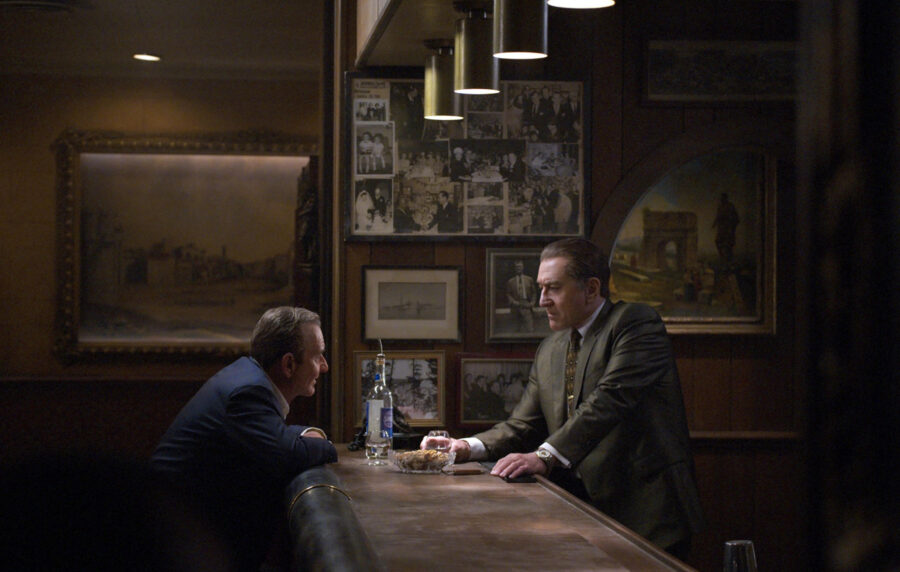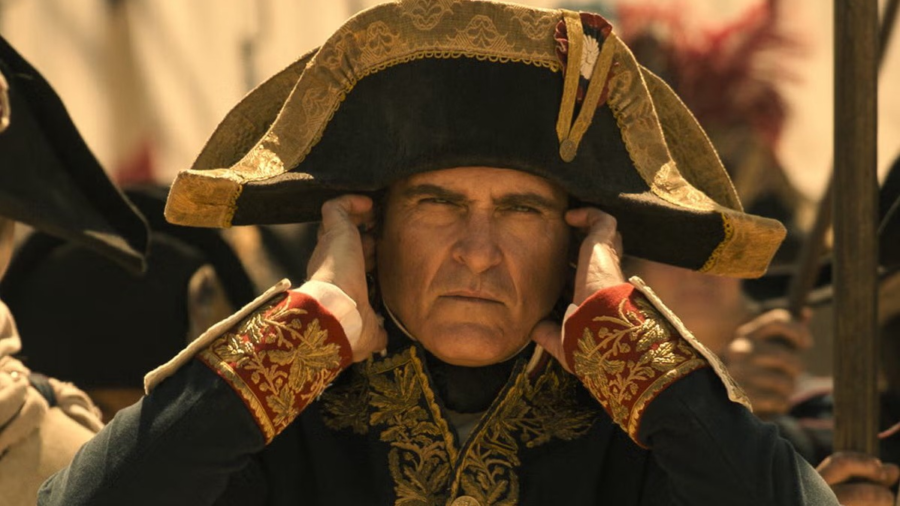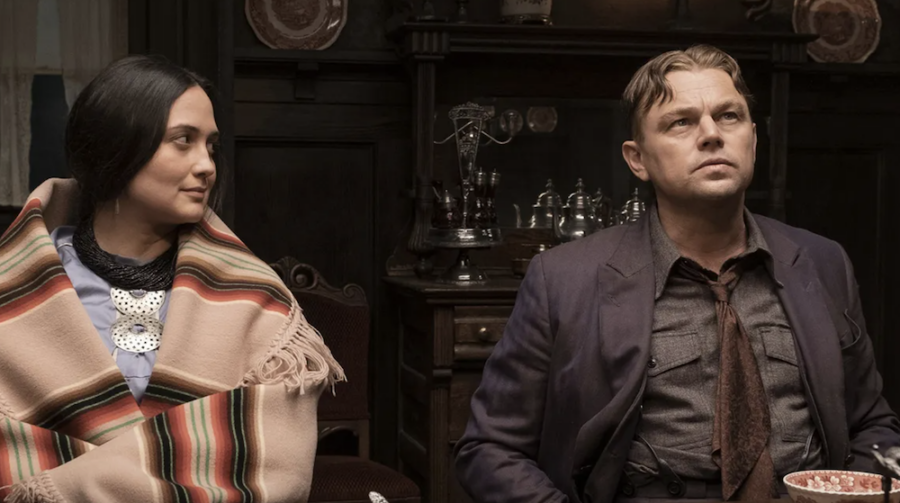Ridley Scott Blasts Martin Scorsese For Killers Of The Flower Moon

Director Ridley Scott recently took a subtle jab at Martin Scorsese’s measured approach to filmmaking. Speaking to The Times UK, the mastermind behind classics like Blade Runner and Gladiator highlighted the disparity in their productivity. “Since he [Scorsese] started Killers of the Flower Moon, I’ve made four films,” Scott told the publication.
Despite the creative demands and the inherent stress that comes with managing multiple projects, Ridley Scott seems unfazed. “No, I don’t think about it. I get up in the morning and say, ‘Ah, great! Another day of stress,'” he quipped. While Scorsese has focused on Killers of the Flower Moon since The Irishman in 2019, Scott has helmed four movies (The Last Duel, House of Gucci, Napoleon, and the short film Behold) in the same timeframe.
“I get up in the morning and say, ‘Ah, great! Another day of stress.”
Ridley Scott also addresses the difference in runtime of their recent projects. Scott’s latest period piece, Napoleon, boasts a theatrical cut of two hours and 38 minutes, with a four-hour director’s cut available on Apple TV+. In contrast, Martin Scorsese’s Killers of the Flower Moon extends to three hours and 26 minutes, which some viewers find tedious.
Martin Scorsese has been a vocal defender of the film’s length, urging critics to “give cinema some respect.” Meanwhile, Ridley Scott takes a more practical approach, acknowledging the viewer’s endurance as the deciding factor. Scott admitted to being particularly conscious of the “bum ache factor” during editing.

“When you start to go ‘oh my God,’ and then you say ‘Christ, we can’t eat for another hour,’ it’s too long,” he explained. Ridley Scott further dismissed the obsession with historical accuracy in his films, particularly in the Napoleon period piece. The contrasting viewpoints on film length have ignited discussions within the film industry, with some championing Scott in the Best Director Oscars race.
Despite his illustrious career, Ridley Scott has never secured a Best Director Academy Award. When asked about the possibility of winning, he answered in jest, saying, “About feckin’ time!” Scott and Martin Scorsese have both made an enduring impact on the film industry through their thematic selections and directorial methods.

Ridley Scott is known for his versatility as a filmmaker, often celebrated for his keen visual sensibilities and meticulous attention to detail. Scott’s willingness to explore diverse genres has also set him apart. Scott has demonstrated a remarkable ability to tackle different storytelling styles, from the horror classic Alien to the sci-fi noir Blade Runner and the historical epic Gladiator.
Martin Scorsese is often regarded as one of the greatest directors in cinema history. His films are known for their deep exploration of morality and societal issues, creating a decades-long cinematic legacy. Scorsese is recognized for his auteur approach, infusing his films with a distinctive personal style with actors like Robert De Niro and Leonardo DiCaprio adding to the magic.
“When you start to go ‘oh my God,’ and then you say ‘Christ, we can’t eat for another hour,’ it’s too long.”
When comparing Ridley Scott to Martin Scorsese, it is important to note that both directors have made invaluable contributions to cinema. Scorsese’s Killers of the Flower Moon has been praised for its efforts to portray the Osage story with sincerity and authenticity, employing Osage people behind the scenes and consulting with them to ensure sensitivity and accuracy.
Ridley Scott is preparing to release Napoleon on November 22. Billed as a historical drama, the story is based on the life of Napoleon Bonaparte, the French emperor. Joaquin Phoenix plays the role of Napoleon, while Vanessa Kirby plays his wife, Josephine. The film premiered at the Cannes Film Festival, where it received mixed reviews.












